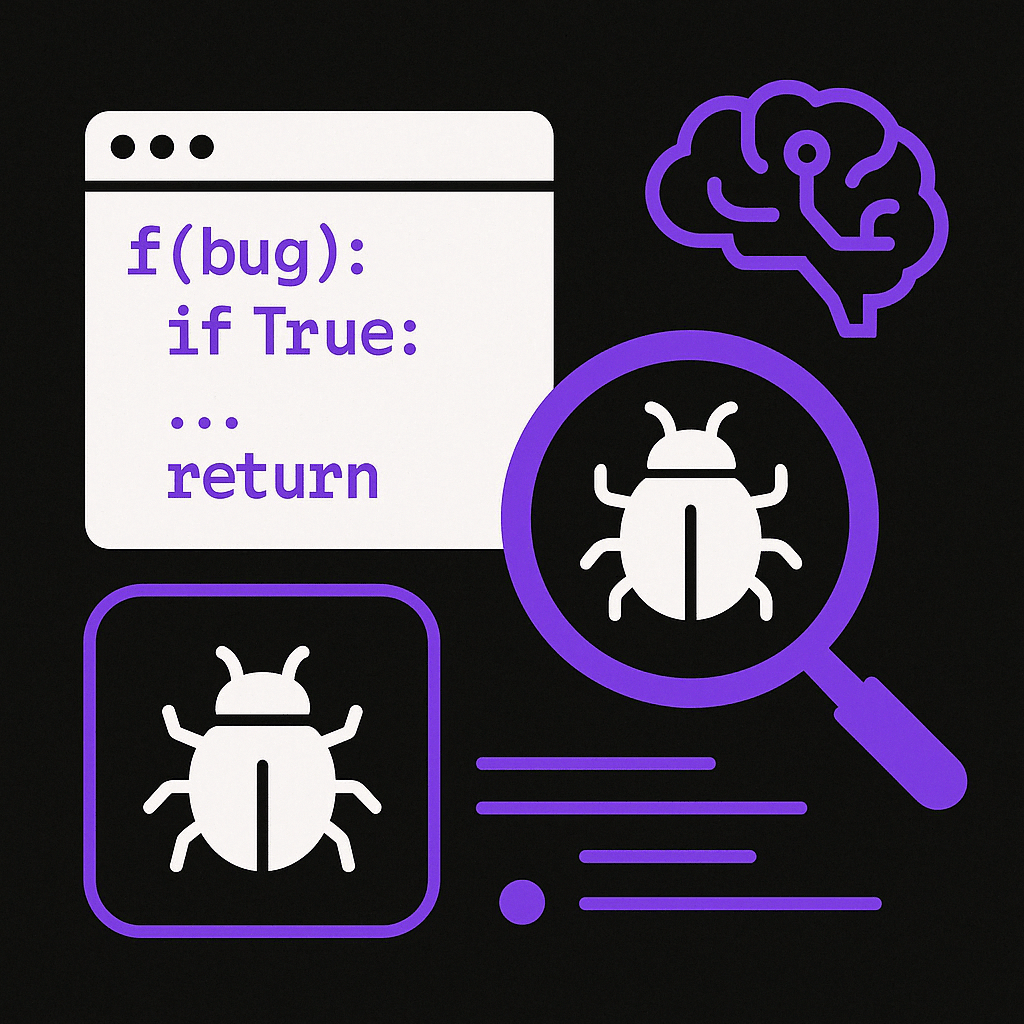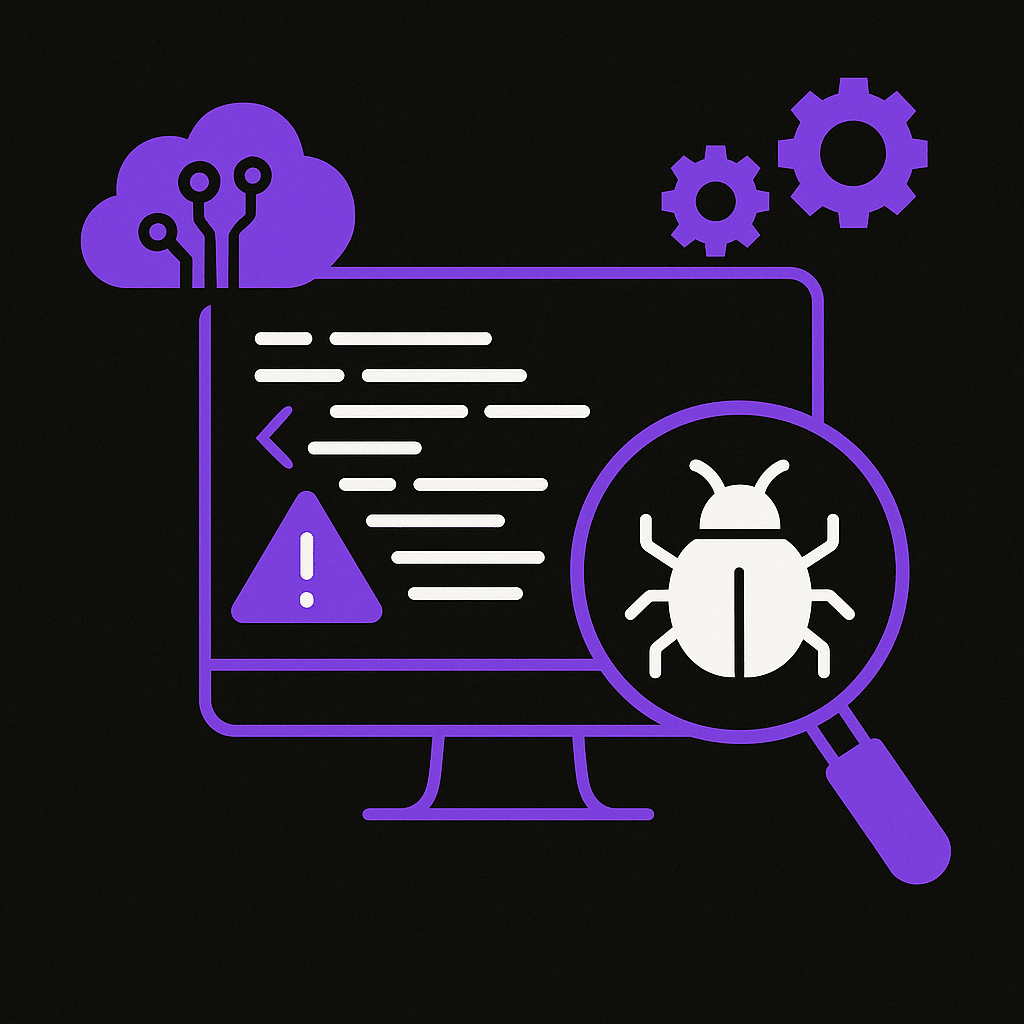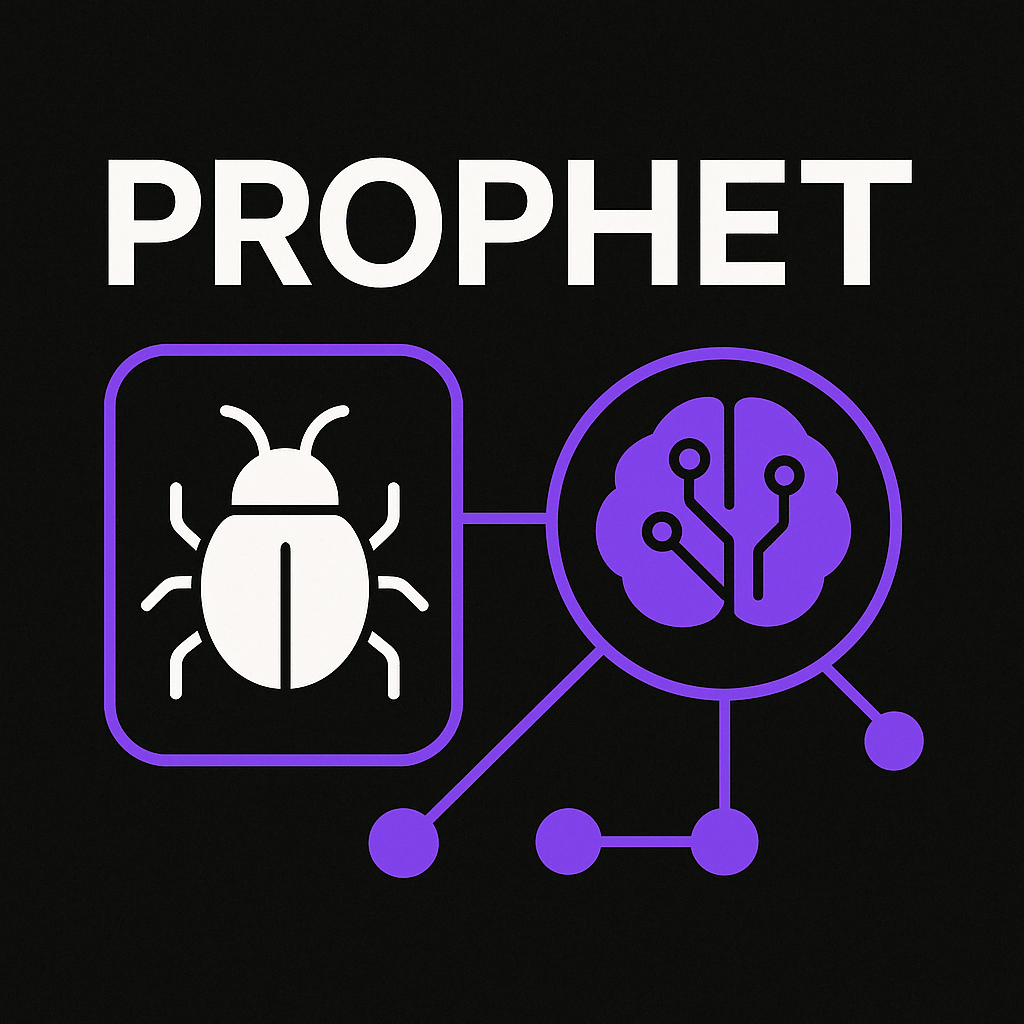The Future of QA Is Here: Meet Prophet, the AI Debugger
In the ever-evolving world of software development, the line between human and machine-generated code is growing blurrier. With the rise of large language models (LLMs), anyone can now write functional software with little to no formal training. But while the code may compile, a hidden danger lurks beneath the surface: bugs that slip past traditional defenses. Prophet, a San Francisco-based startup from YC’s X25 batch, aims to change that—by transforming the way developers test and debug their software.
What Problem Is Prophet Solving?
Prophet was born from a problem that developers everywhere are increasingly facing: the rise of “vibe coding.”
Thanks to tools like ChatGPT and Copilot, it’s never been easier to write code quickly. LLMs can now convert natural language prompts into working programs, empowering beginners and speeding up experienced developers. But this wave of accessibility comes with a new challenge—quality.
LLM-generated code often lacks the rigor and context-awareness of code written by human experts. Developers are relying on models that don’t truly understand the nuances of the systems they're building. And as LLMs generate more and more of our codebases, bugs are becoming harder to detect and more expensive to fix.
Traditional QA methods—manual testing, code reviews, and static analysis—are simply too slow and error-prone to keep up. That’s where Prophet steps in.
How Does Prophet’s Technology Work?
Prophet is building an AI agent designed to orchestrate debugging tools and run your code to find bugs. It’s not just another linting plugin or automated test runner. It’s an intelligent layer that interprets your code, understands how it should behave, and proactively identifies potential problems—before they reach production.
At the heart of Prophet’s solution are custom-trained large language models, purpose-built to analyze and test software. These models understand not just syntax, but intent. Prophet can simulate how a piece of code will behave under different conditions, surface edge cases, and even suggest targeted test cases or fixes. It's like having a senior engineer and a QA specialist merged into one ever-available assistant.
And unlike conventional debuggers that require step-by-step user input, Prophet operates as an autonomous agent. It’s capable of running your code, diagnosing issues, and even integrating directly into the CI/CD pipeline to catch bugs before they ship.
Why Now? Why Prophet?
The timing couldn’t be more urgent.
As LLMs open the door for faster software development, the need for automated, intelligent quality assurance tools is exploding. The existing ecosystem of testing frameworks and debuggers simply wasn’t built for AI-written code. Developers are now debugging logic that wasn’t even written by them—something that makes Prophet’s AI-native approach especially critical.
Prophet doesn’t just adapt old testing methods to new problems. It reimagines the entire process of QA for the age of AI. With an agent that can reason like a human tester—but operate with the speed and scale of a machine—Prophet represents a new paradigm for software quality.

Who Are the Founders Behind Prophet?
Prophet is led by a dynamic two-person founding team with deep technical expertise.
Mateo Perez, the CEO and Co-Founder, holds a PhD in reinforcement learning. He’s published over 20 papers in top AI conferences and has been cited more than 350 times. His research background provides a strong foundation for Prophet’s advanced AI capabilities and strategic vision.
Marco Dewey, the CTO and Co-Founder, brings deep domain expertise in software testing. He holds a Master’s degree with a specialization in transformer-based LLMs used for automated test suite generation. His work sits at the cutting edge of test automation and LLM integration, making him the perfect technical lead for Prophet’s ambitious mission.
Together, the duo blends academic rigor with practical engineering. Their complementary skill sets are helping Prophet redefine what’s possible in automated debugging.
What Makes Prophet Different From Other Debugging Tools?
There are plenty of tools out there that claim to make debugging easier—but few are built from the ground up for AI-native development.
Most debuggers still rely on developer-driven workflows: you write tests, you inspect stack traces, you isolate bugs. These tools are reactive. Prophet is proactive. It doesn’t wait for you to notice something’s wrong—it goes looking.
Key differentiators include:
- Autonomous AI agent: Prophet takes initiative in running and testing your code.
- LLM-powered reasoning: It uses context-aware analysis to understand not just what the code does, but why it was written that way.
- Language-agnostic support: Prophet works across multiple programming languages, not just JavaScript or Python.
- Scalable by design: Its architecture is built to scale across large codebases and enterprise pipelines.
Prophet is closer to having an intelligent software testing co-pilot than a traditional static analyzer.
What Does “Closing the Loop on Vibe Coding” Mean?
“Vibe coding” has become a tongue-in-cheek phrase describing how developers now rely on AI-generated code, often without deeply understanding it. Just prompt an LLM, copy-paste the result, and hope it works. It’s fast—but fragile.
Prophet’s mission is to “close the loop” on this phenomenon.
Rather than letting vibe-coded applications slip into production full of invisible bugs, Prophet adds a crucial feedback layer. It makes sure the code you’re shipping is as solid as it seems. That means safer deployments, faster development cycles, and more confident teams.
In other words, Prophet helps turn “vibes” into verifiable correctness.
Who Is Prophet For?
Prophet is built for modern development teams working at speed—especially those integrating AI tools into their workflows.
Early adopters include:
- Startups shipping fast: Prophet helps lean teams move fast without sacrificing quality.
- Enterprises embracing LLMs: As large organizations begin using AI to accelerate development, they need new QA strategies.
- Testing teams under pressure: QA engineers can use Prophet to scale their coverage and catch issues they’d otherwise miss.
Even solo developers can benefit. If you're generating code with AI tools, Prophet helps make sure it actually works—before your users find out it doesn’t.
What’s Next for Prophet?
Still in its early days, Prophet is actively onboarding users, refining its AI agent, and integrating with popular developer tools and platforms.
The team is focusing on building seamless support for popular languages and frameworks, tight CI/CD integrations, and easy-to-use dashboards for debugging insights. Their long-term vision includes not just catching bugs, but helping developers write bug-free code from the start—blending testing and development into one unified experience.
As software development continues to evolve, Prophet is well-positioned to become the backbone of a new kind of quality assurance.

Will Prophet Change the Future of Software Testing?
It just might.
Prophet represents more than a tool. It’s a vision for what debugging can look like in the age of AI: intelligent, fast, automated, and accurate. With a powerful team and a mission aligned with the industry’s biggest challenges, Prophet is poised to become a leader in the next generation of software development.
For developers, testers, and engineering leaders everywhere, one question remains:
What if your next debugger was smarter than you?

